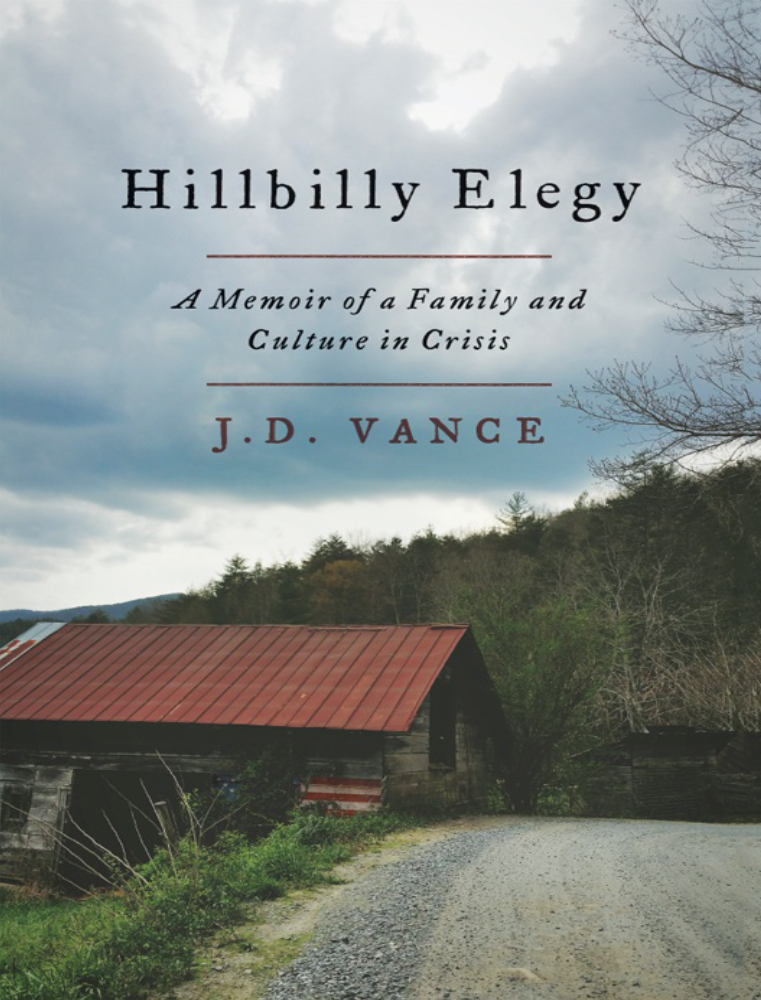Hillbilly Elegy book Summary
Beginning in Jackson, Kentucky, a community noted for its picturesque mountains and close-knit families but also devastated by financial difficulty, J.D. Vance’s story Though they carried Appalachian ideals with them, his family travelled north in quest of manufacturing employment and better lifestyles. Though Vance takes back the name “hillbilly” to emphasise a cultural identity in crisis, it is sometimes thrown around with a mix of contempt and nostalgia. He demonstrates how perseverance and family honour coexist alongside mistrust, fast tempers, and change opposition. His life narrative runs with this conflict, which shapes his view of his community and himself.
Childhood for Vance took place in Middletown, Ohio, a once-thriving industrial town starting to fall apart. Broken families and children aimlessly floating through life permeated the metropolis. Anger was typical, and addiction was somewhat frequent. For Vance, this was daily existence rather than only background. Middletown is painted by him not as a villain but rather as a symbol of what has happened to so many working-class towns left behind in America’s path of development. Places like Middletown stayed caught in a cycle of suffering as cities and suburbs advanced.
Among all the turmoil, Vance had one constant: his grandma, Mamaw. She was relentlessly honest, sharp-tongued, and tough. She forbade sloth, and her definition of love was strong rather than kind. Her presence provided J.D. with steadiness and expectation, something unusual in his life.
One of the most heartbreaking strands in the narrative is J.D.’s connection with his mother, Bev. She battled addiction and made decisions that threw turmoil into their life. Vance presents her as someone shattered by her own circumstances and upbringing, not as a villain. Though it’s tricky, his love for her is real. One of the most potent aspects of the novel is that honest description, in which love and hurt entwine.
Vance illustrates how addiction affects not one individual but rather reflects over generations. His power sprang from comprehending the suffering rather than from forgetting it; he chose to stop the cycle.
